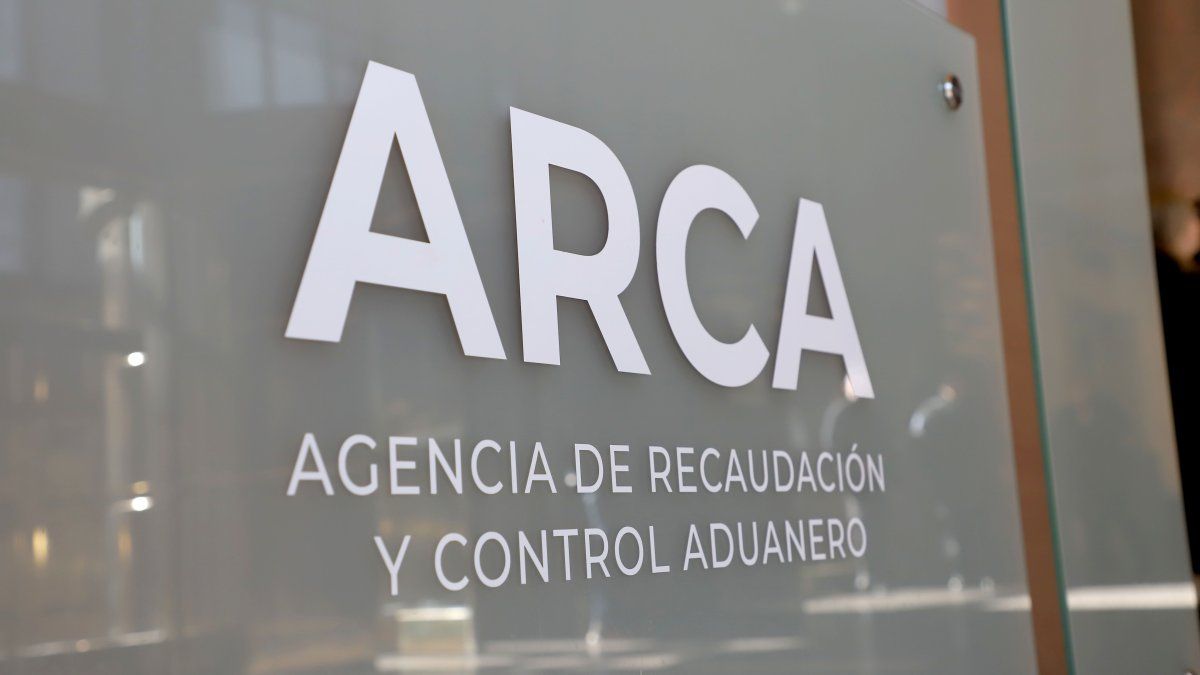In Northern Ireland, the Republican-Catholic Sinn Fein could become the strongest force for the first time. During the election campaign, the party largely left out the sensitive issue of Irish unity. But that could change.
The leader of the Northern Ireland party Sinn Fein, Michelle O’Neill, has called for a debate on unification with the Republic of Ireland after the regional parliament elections.
“Let’s all work on a common plan,” said O’Neill of the German Press Agency in the Northern Irish city of Magherafelt. At the same time, she was optimistic that her party would become the strongest force in Northern Ireland for the first time.
Sinn Fein is ahead
The counting of the votes continues into Saturday. Late on Friday evening, when vote counting was temporarily suspended in Belfast and other regions of Northern Ireland, the Catholic Republican party Sinn Fein was ahead. According to the BBC, the party received the highest percentage of votes after the first round of counting.
With 29 percent of the vote, Sinn Fein is well ahead of the second strongest party, the Protestant Unionist DUP (Democratic Unionist Party), which achieved 21.3 percent. As the Irish broadcaster RTÉ reported on Friday evening, citing Sinn Fein circles, the party is confident that it will also get the most seats in the regional parliament.
That would be a historic result for that part of the UK. Sinn Fein was once considered the political arm of the militant organization IRA, which fought at gunpoint to unite Northern Ireland with the Republic of Ireland. If the expectations are confirmed, the party will be given the right to nominate the head of government in a future unity government. However, the formation of a government could fail due to the resistance of the DUP, which would have to appoint a representative with equal rights.
Should it actually become the strongest force, that would be a turning point, at least symbolically, in the part of the country that belongs to the United Kingdom. So far, the post of head of government has always been held by parties that advocate maintaining the union with Great Britain.
Will there be a referendum?
It is unlikely that there will be a referendum on the union of Northern Ireland with the Republic of Ireland in the south in the near future, even with a Sinn Fein head of government. The General Secretary of the British Conservatives, Oliver Dowden, confirmed that London would not stand in the way of such a referendum. The prerequisite, however, is that there is a permanent majority in the polls. So far, only about 30 percent of Northern Ireland voters are in favor of it.
O’Neill stressed that as head of government she wanted to address issues such as the rising cost of living and health. The formation of a government could fail due to the ongoing dispute over Brexit. According to the 1998 peace agreement known as the Good Friday Agreement, the strongest parties from both denominational camps must form a unity government.
The Northern Ireland Protocol in focus
However, what is expected to be the strongest Protestant Unionist party, the DUP, has already signaled that it expects London to confront Brussels again over the so-called Northern Ireland Protocol.
British DUP MP Sammy Wilson has called on the government in London to introduce legislation that would allow the Northern Ireland Protocol to be breached. “We have made it very clear that the Assembly cannot function if the poison of protocol is still there,” Wilson told the BBC. Conflicting messages had previously come from London. Before the election, Northern Ireland Minister Brandon Lewis countered speculation that a law could be presented at the government statement traditionally read by Queen Elizabeth II on Tuesday.
However, Prime Minister Boris Johnson has so far reserved the option to overturn the agreements set out in the Northern Ireland Protocol via an emergency clause. This should provoke a strong reaction from Brussels. The protocol is intended to prevent new border controls between Northern Ireland and the EU member Republic of Ireland due to the British exit from the EU. Instead, goods must now be inspected when brought into Northern Ireland from England, Scotland or Wales.
The DUP fears this intra-British goods border could be the first step in the province’s detachment from Britain. There are also distortions in certain areas of trade. Although the EU is negotiating the technical details of the agreement, it has ruled out a fundamental renegotiation. A vote in the regional parliament on maintaining the Northern Ireland Protocol is planned for 2024 at the latest. Everything indicates that the DUP will be overruled by the other parties.
Source: Stern
David William is a talented author who has made a name for himself in the world of writing. He is a professional author who writes on a wide range of topics, from general interest to opinion news. David is currently working as a writer at 24 hours worlds where he brings his unique perspective and in-depth research to his articles, making them both informative and engaging.




